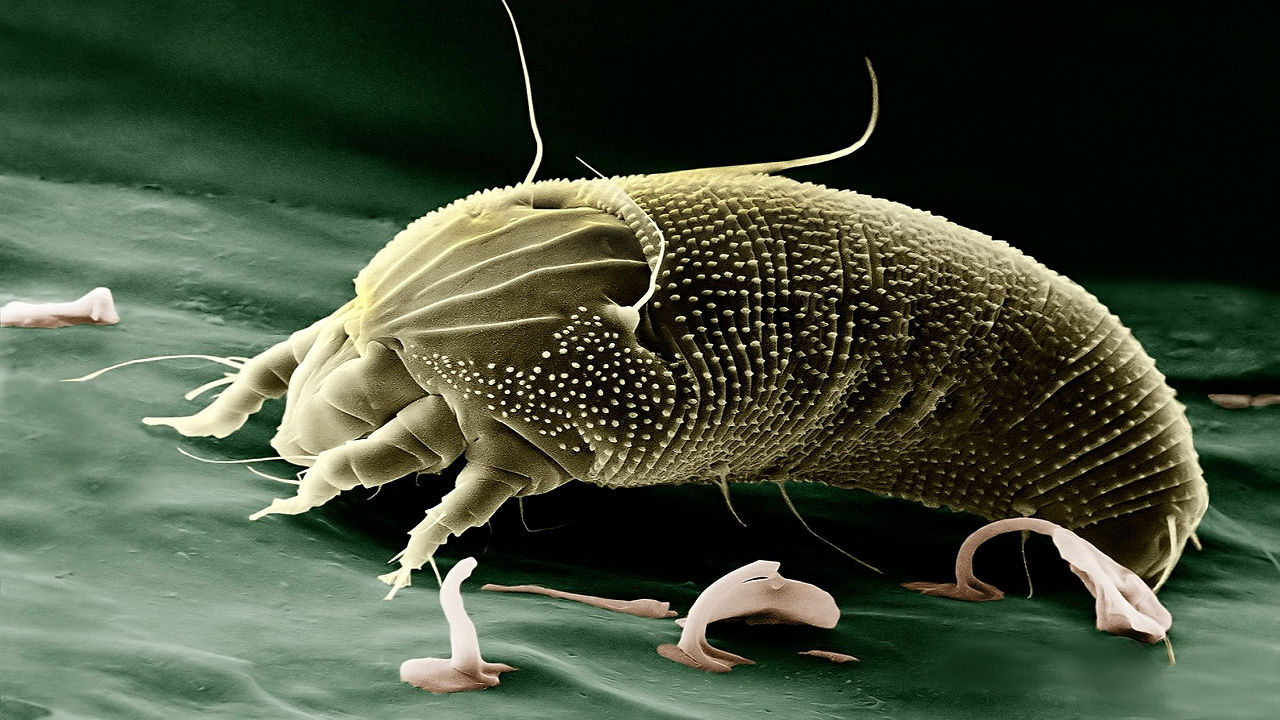
World Zoonoses Day is an annual event observed on July 6 to raise awareness about zoonotic diseases and their impact on both humans and animals. Zoonoses are infectious diseases that can be transmitted amongst animals and humans. It aims to shed light on the significance of World Zoonoses Day, highlights common zoonotic diseases, and emphasizes the importance of prevention and control measures.
What is World Zoonoses Day?
World Zoonoses Day serves as a reminder of the ongoing threat posed by zoonotic diseases. It commemorates the day in 1885 when Louis Pasteur successfully administered the first vaccine against rabies, a zoonotic disease transmitted from animals to humans. This day provides an opportunity to educate communities, policymakers, and healthcare professionals about the risks, prevention, and control strategies associated with zoonotic diseases.
Common Zoonotic Diseases:
Rabies: Rabies is a viral disease that affects the nervous system and is transmitted through the bite of infected animals, most commonly dogs. Vaccination of both domestic and wild animals, along with responsible pet ownership, is essential to prevent the spread of rabies.
Salmonellosis: Salmonellosis is caused by the Salmonella bacteria and is often contracted by consuming contaminated food or coming into contact with infected animals, such as reptiles, poultry, or rodents. Proper food handling and hygiene practices can help reduce the risk of salmonellosis.
Lyme Disease: Lyme disease is transmitted through tick bites and is caused by the bacterium Borrelia burgdorferi. Preventive measures, such as using insect repellents and checking for ticks after outdoor activities, can help prevent Lyme disease.
World Zoonoses Day: Importance of Prevention and Control
Preventing and controlling zoonotic diseases requires a multi-faceted approach involving various stakeholders:
One Health Approach: The One Health approach recognizes the interconnectedness of human, animal, and environmental health. By fostering collaboration among medical professionals, veterinarians, and environmental scientists, we can develop comprehensive strategies to prevent and control zoonotic diseases.
Vaccination: Vaccinating both animals and humans against zoonotic diseases is crucial in reducing their transmission. Regular vaccinations for pets, livestock, and wildlife help protect not only the animals but also humans who come into contact with them.
Hygiene Practices: Practicing good personal hygiene, such as handwashing after handling animals or visiting animal markets, can help prevent the transmission of zoonotic diseases. Additionally, maintaining proper food safety standards can reduce the risk of foodborne illnesses.
Surveillance and Early Detection: Timely detection and reporting of zoonotic diseases are vital for implementing effective control measures. Establishing robust surveillance systems and promoting awareness among healthcare providers can lead to early diagnosis and treatment.
World Zoonoses Day serves as a global platform to highlight the importance of understanding, preventing, and controlling zoonotic diseases. By adopting a One Health approach, promoting vaccination, practising good hygiene, and strengthening surveillance systems, we can mitigate the risks associated with zoonotic diseases and protect both humans and animals. Let us work together to create a healthier and safer world for all.

















